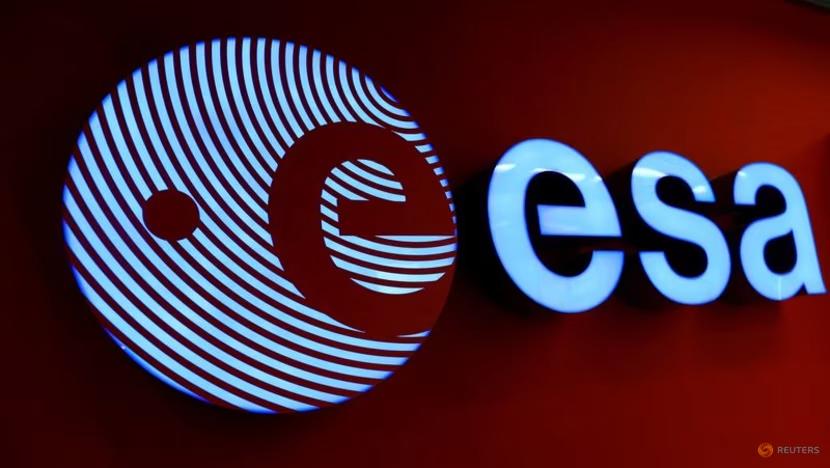European Commission Awards Contracts for Secure Satellite Constellation
The European Commission has awarded contracts to push forward delayed plans for a 10.6 billion euro ($11.13 billion) secure European satellite constellation known as IRIS². This initiative aims to provide an encrypted backbone for European Union governments and public agencies, and develop new commercial services, in response to Elon Musk's Starlink and other fast-growing internet networks.

Josef Aschbacher, director general of the 22-nation European Space Agency, emphasized the importance of this project in an increasingly complex geopolitical world. He stated, "Ensuring resilient, secure, and fast governmental communications is essential," adding that it would boost European competitiveness and create jobs.
IRIS² is the European Union's third major initiative in space, following the Galileo navigation system and the Copernicus Earth observation network. The project, partially EU-funded, involves a consortium of three satellite operators - Eutelsat, Hispasat, and SES - and calls for the first launch in mid-2029 and full roll-out by the end of 2030.
Despite initial setbacks, including the departure of its leading champion, former Internal Market Commissioner Thierry Breton, and concerns over industrial work share and cost, officials say rapid expansion of Musk's Starlink spurred efforts to shore up Europe's so-called "digital sovereignty".
The project will be overseen by the European Space Agency and operated from a control room in central Italy, with an estimated cost of 10.6 billion euros including private funding.









Comments